Movement Disorders
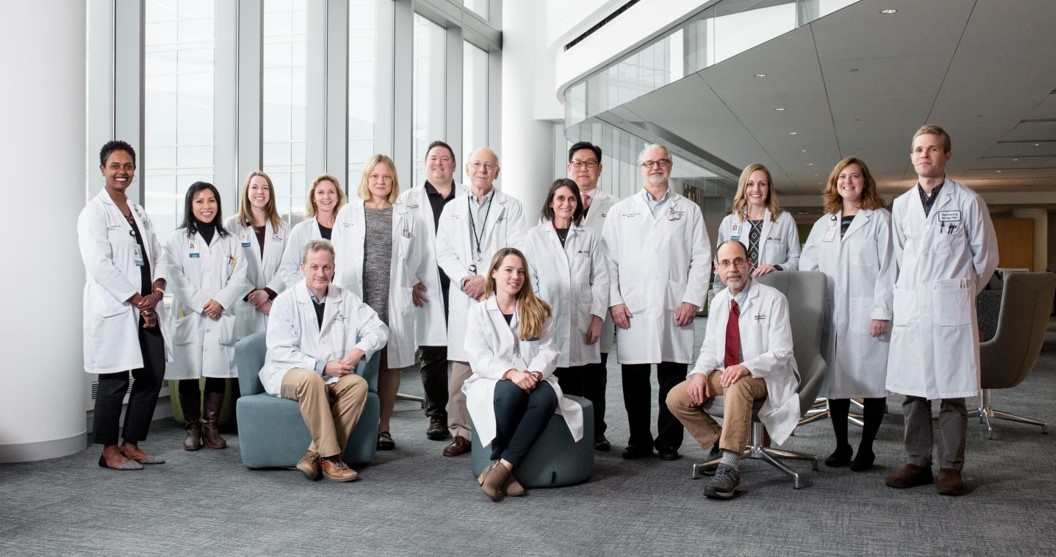
Thank you for your interest in the University of Minnesota Movement Disorders Fellowship Program. We are the only Movement Disorders training program serving the 3.5 million people living in the Twin Cities area. Our program combines a busy subspecialty practice with cutting edge neuromodulation surgical practice and research.
Our fellows have the opportunity to tailor a fellowship to their needs by focusing on clinical practice, neuromodulation management, surgical neurophysiology or research - all while enjoying life in the vibrant Twin Cities area rich with cultural and recreational activities. We look forward to hearing from you.
Program Highlights
- Busy, comprehensive movement disorders practice with multidisciplinary clinical care team
- Instruction in simple and complex deep brain stimulation programming
- Active botulinum toxin practice
- Biweekly surgical neurophysiology cases
- Udall Parkinson’s Disease Center of Excellence
- Opportunities for participation in active research in neurophysiology, bioengineering and MRI research laboratories
The Movement Disorders Fellowship is a two year program.
Year 1 includes intensive training in clinical movement disorders, focusing on presentation, diagnosis and treatment of Parkinson’s disease and atypical Parkinsonism. Clinical rotations allow the fellow to evaluate and treat dystonia, tremor, myoclonus, chorea, tics, ataxia and other movement disorders. Fellows begin programming DBS patients with the aim of reaching basic competency in monopolar interrogation and initial programming, begin to follow their own panel of botulinum toxin therapy patients. Didactic courses add structure and knowledge to clinical learning, including an intensive course on botulinum toxin lectures, ultrasound training and hands-on anatomy lab experience. Year-round lectures on DBS theory and programming include basic principles, cutting edge research and practice.
In Year 2, fellows manage their own panel of patients with staff oversight. They become more involved in DBS surgical practice and advancing research, including in the UMN Udall Center. Fellows attend weekly microelectrode mapping of DBS surgeries and learn to perform complex DBS programming. Applications are accepted through SF Match.
Applicants should be completing an ACGME-accredited neurology residency and be ABPN board eligible before starting the fellowship. Additionally, applicants must be eligible for a full MN Board license.
Applicants meeting the above qualifications are asked to register with the San Francisco Match between April 1st and May 15th and submit the following directly to their central application service:
- A curriculum vitae
- Three letters of recommendation from faculty/mentors on letterhead with signature
- A personal statement of interest in this fellowship or career path
- Copy of UMSLE or COMLEX official score reports
- This fellowship does not participate in the ACGME NST Program and therefore does not accept J1 Visa holders
Consideration for an interview will be given following the download of a completed application through San Francisco Match no later than July 1st. Fellow selection is accomplished through the San Francisco Match, with ranking and selection taking place in early September.
- Jerrold Vitek, MD, PhD, Chair of Neurology
- Leo de Brito Almeida, MD, Division Director
- Kristine Domingo, DO, Program Director
- Josh Aman, PhD
- Khalaf Bushara, MD, FRCP
- Yoon-Hee Cha, MD
- Allyson Connor, MD
- Scott Cooper, MD, PhD
- Kelsey Gagesch, MD
- Tsega Orcutt, DNP, APRN
- Paul Tuite, MD
Meet Our Fellows
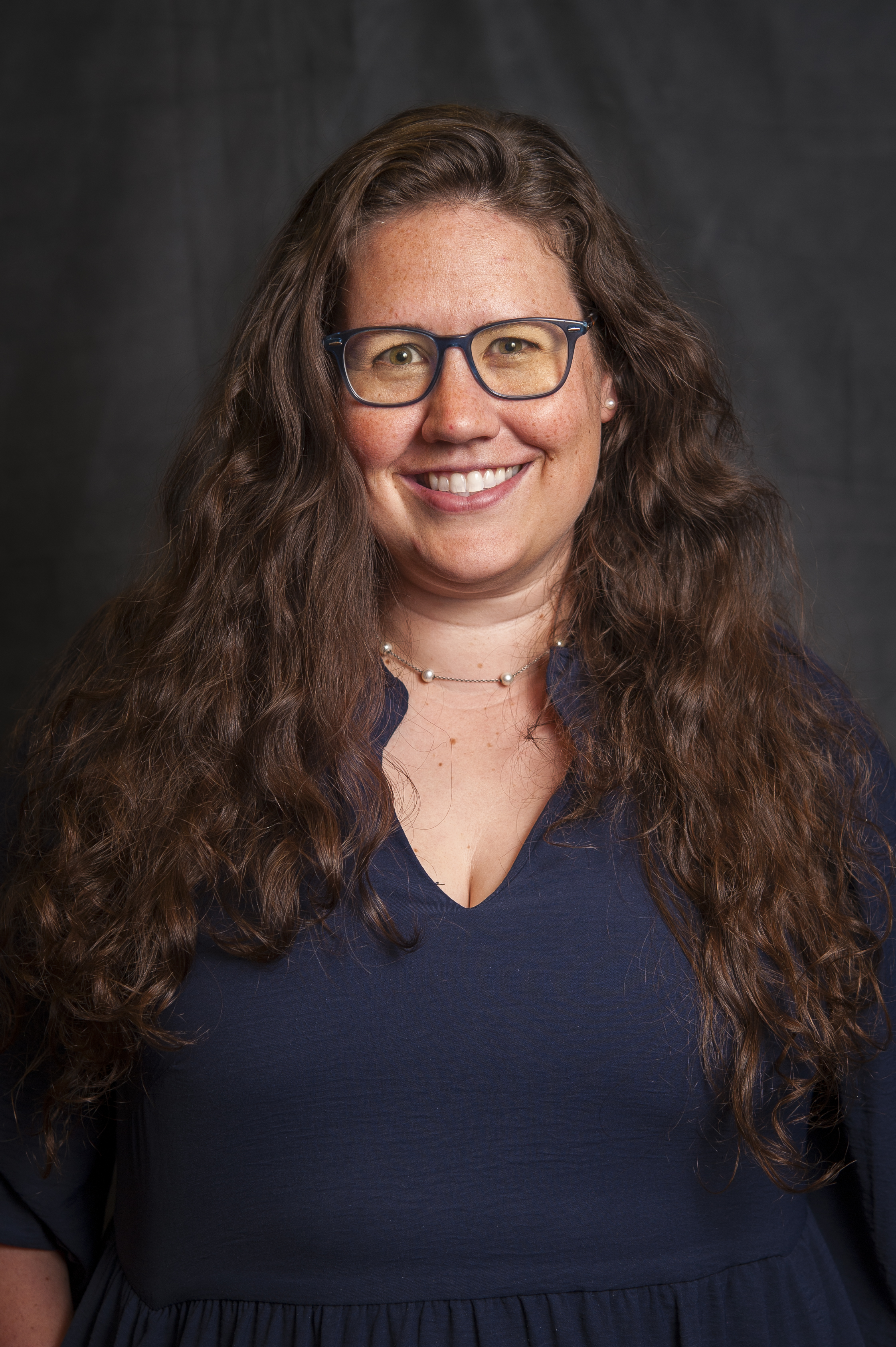
Hometown: Edina, MN
Medical School: Case Western Reserve School
Residency School: University of Rochester
Why did you decide to come to the U of M MD Neurology Program: I love Minnesota and was already excited for the opportunity to move back and serve/learn from the community I grew up in. When I interviewed at the U of M I felt very at home with the folks that I talked to and was very impressed by clinical opportunities available as part of this program. I also heard great things about the program as I was considering options.
What do you enjoy most about the program: Definitely the people. At our recent meet up at AAN, the department sent myself and my co-fellow cards with well wishes. That confirmed that I chose the right program for me and is on my desk as I prepare to move!
What are your plans after fellowship: I would like to stay in academic medicine as I enjoy teaching. I'm looking forward to further exploring movement disorders and refining this plan during my training!
What is your favorite Minnesota activity: Viewing crop art at the State Fair.
Coolest/geekiest/most random thing about you: I am an avid cross stitcher. I learned as a kid and got back into it in medical school as a way to unwind.
If you weren't a physician, you would be: a baker
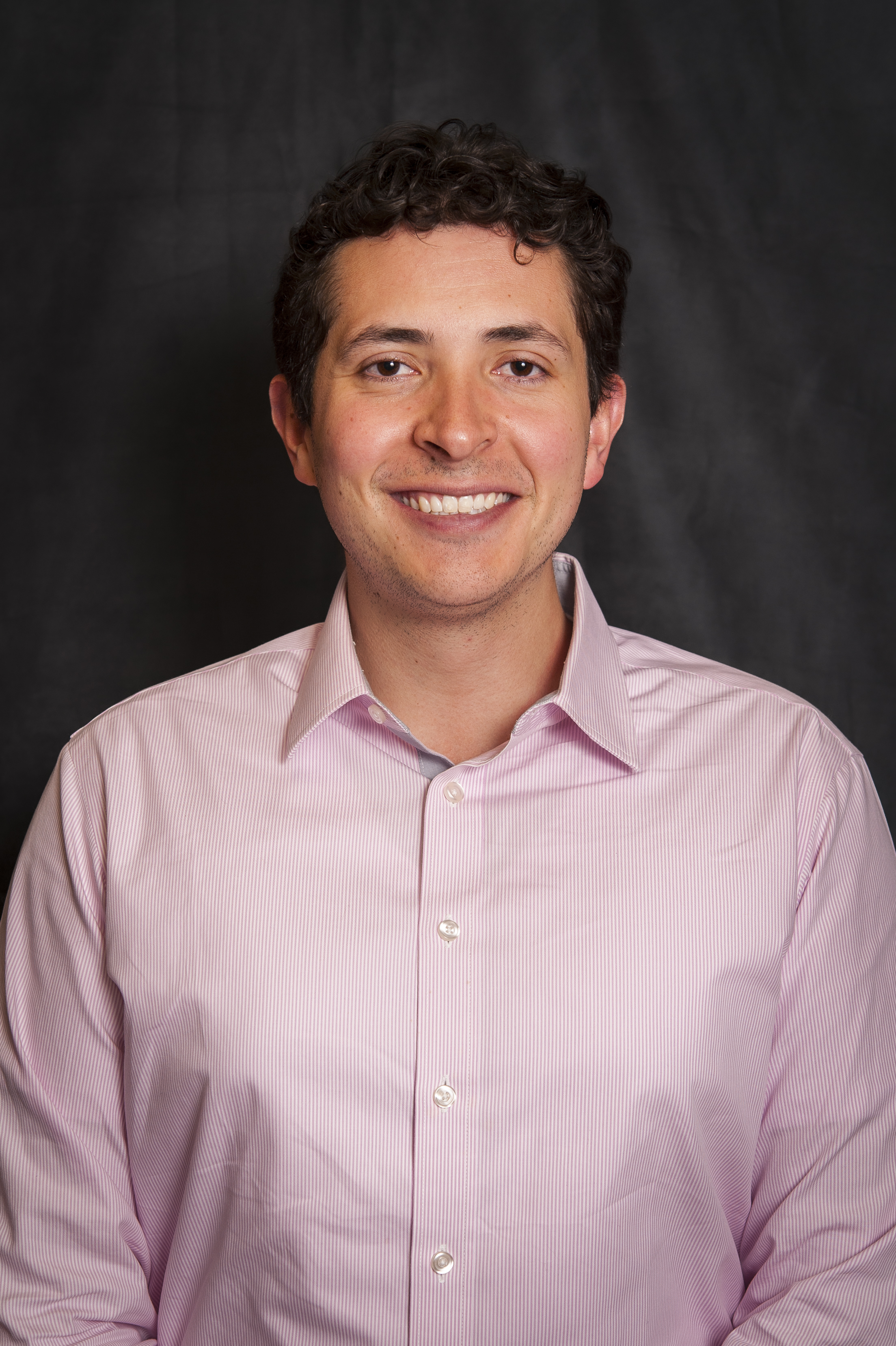
Hometown: Born in Bogotá, Colombia; grew up in Chicago, IL
Medical School: Northwestern Feinberg School of Medicine
Residency School: Mass General Brigham
Why did you decide to come to the U of M MD Neurology Program: Robust DBS program, and closer to family.
What are your plans after fellowship: Staying in academic medicine primarily as a clinician with involvement in clinical trials and medical education.
What is your favorite Minnesota activity: Pontoon rides on the lake.
Coolest/geekiest/most random thing about you: I am an avid comic book reader and collector.
If you weren't a physician, you would be... a comic book creator
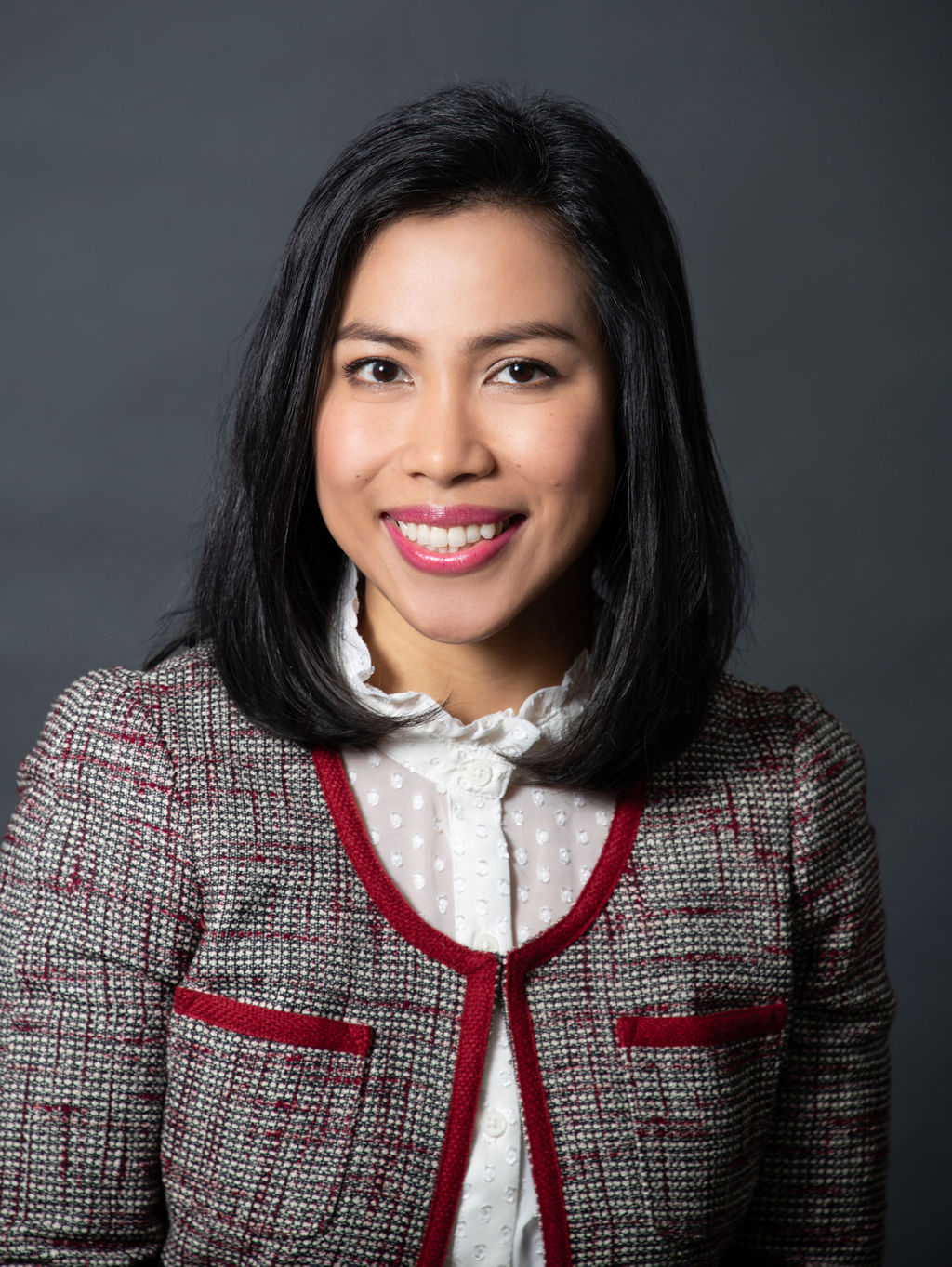
Program Director
Kristine Domingo, DO
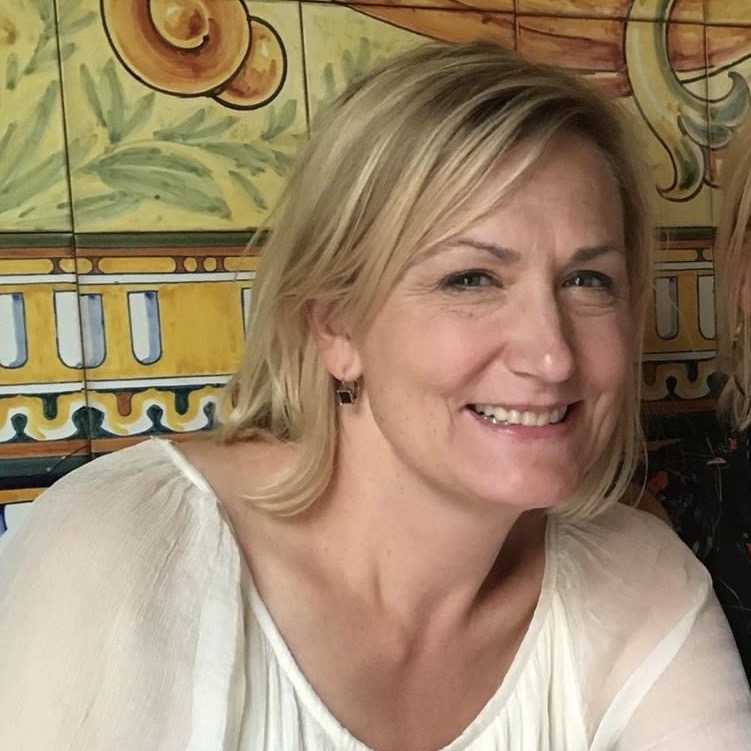
Program Coordinator
Beth Zander
mvmtdisorders@umn.edu
612-624-6778
Verification of Training
To verify a former fellow's training at the University of Minnesota, please email Kate Hanson (hans5471@umn.edu).